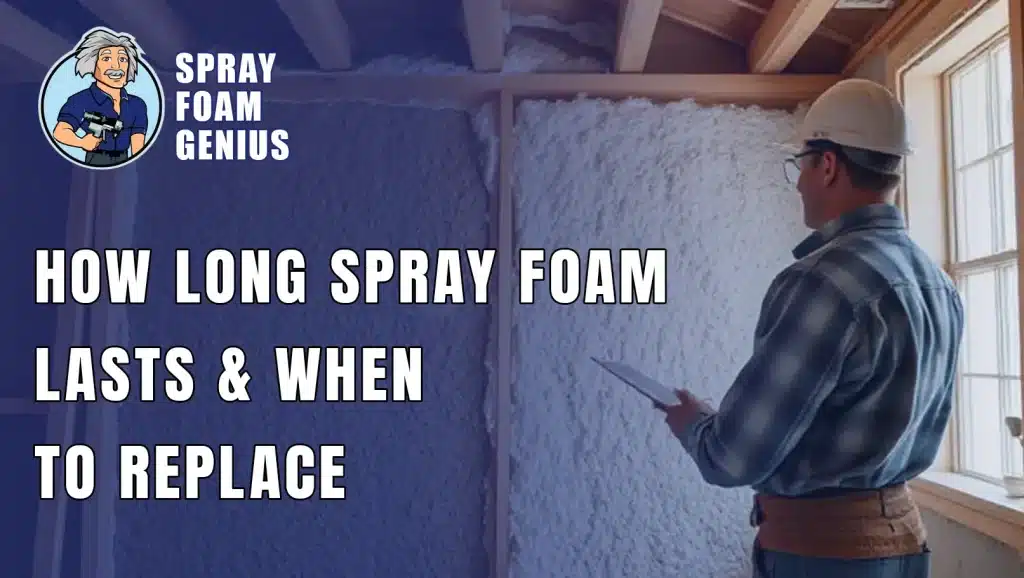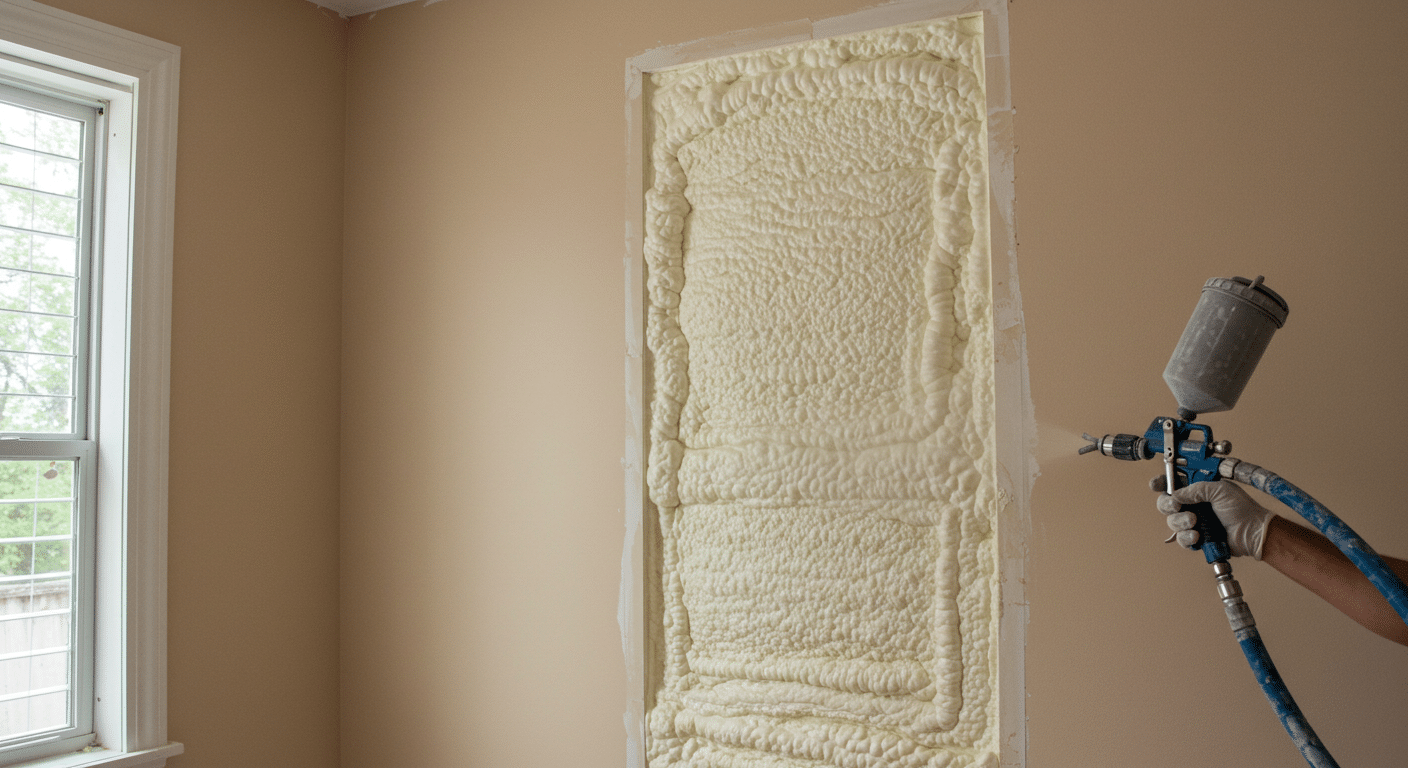
Spray foam insulation can last between 20 to 80 years, depending on factors like installation quality, environmental conditions, and the type of foam used. Closed-cell foam generally lasts longer than open-cell foam due to its denser structure. Regular maintenance and checking for air leaks or moisture damage can help extend its lifespan. Replace it when it shows signs of deterioration such as sagging, cracks, or a decrease in energy efficiency.
Key Factors Affecting Spray Foam Insulation Longevity
| Factor | Impact on Longevity | Key Considerations |
| Type of Foam | Closed-cell lasts longer | Open-cell is more prone to wear |
| Installation Quality | Proper installation extends life | Poor installation shortens lifespan |
| Environmental Conditions | Moisture and temperature extremes degrade foam | Insulation in humid or high-heat areas may wear faster |
| Regular Maintenance & Inspections | Prolongs insulation’s lifespan | Check for cracks, sagging, or air leaks |
Spray Foam Insulation: Pros and Cons

Pros:
- Long-lasting: Can last for decades if well-maintained.
- Energy efficiency: Reduces energy costs by preventing heat loss.
- Moisture resistance: Closed-cell foam is particularly resistant to moisture, preventing mold growth.
Cons:
- Initial cost: Higher upfront cost compared to fiberglass insulation.
- Environmental impact: Some spray foam types use chemicals that may be harmful to the environment.
- Replacement difficulty: If damaged, removal can be challenging.
Focused Supporting Details
Environmental Impact on Foam Insulation
Environmental factors such as humidity, extreme temperatures, and exposure to UV rays can shorten spray foam insulation’s lifespan. Areas with high moisture levels are especially susceptible to degradation, especially for open-cell foam. To prolong its life, ensure proper sealing and avoid exposure to these elements. Closed-cell foam tends to hold up better in such conditions but may still show signs of wear over many years.
Signs It’s Time to Replace Spray Foam Insulation
Look for signs like visible cracks, sagging, or a noticeable decrease in your home’s energy efficiency. If you notice drafts, fluctuating temperatures, or higher-than-usual utility bills, your insulation might need to be replaced. Regular inspections can help identify early signs of damage and help you take timely action before costly repairs are necessary.
Spencer is a Google ranking expert and SEO consultant who has helped businesses in the spray foam marketing industry achieve their online marketing goals. Spray Foam Genius Marketing has a proven track record of success, having achieved some impressive results for his clients.

